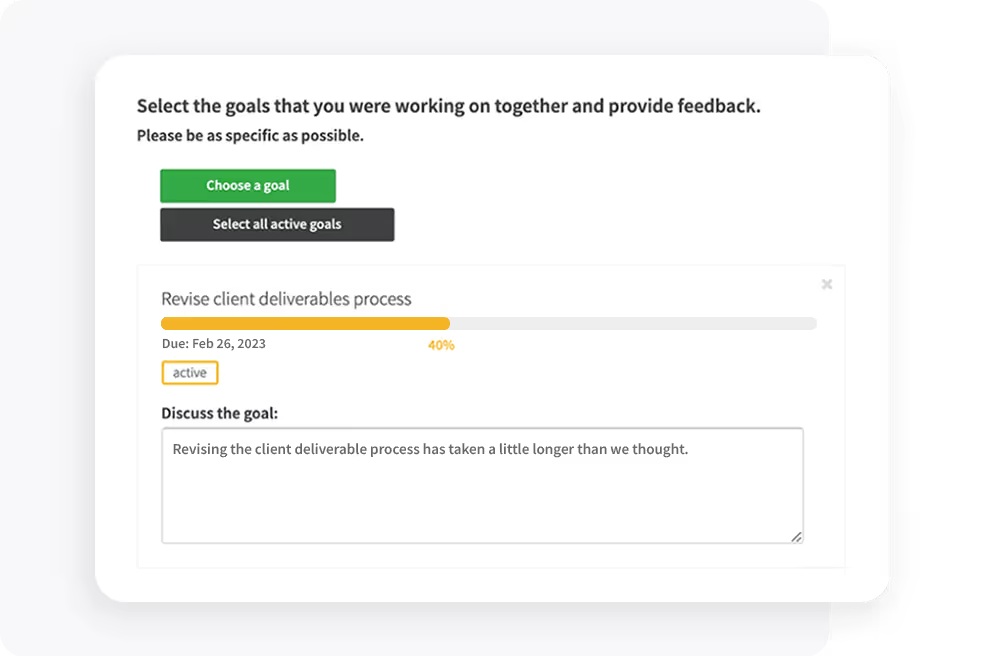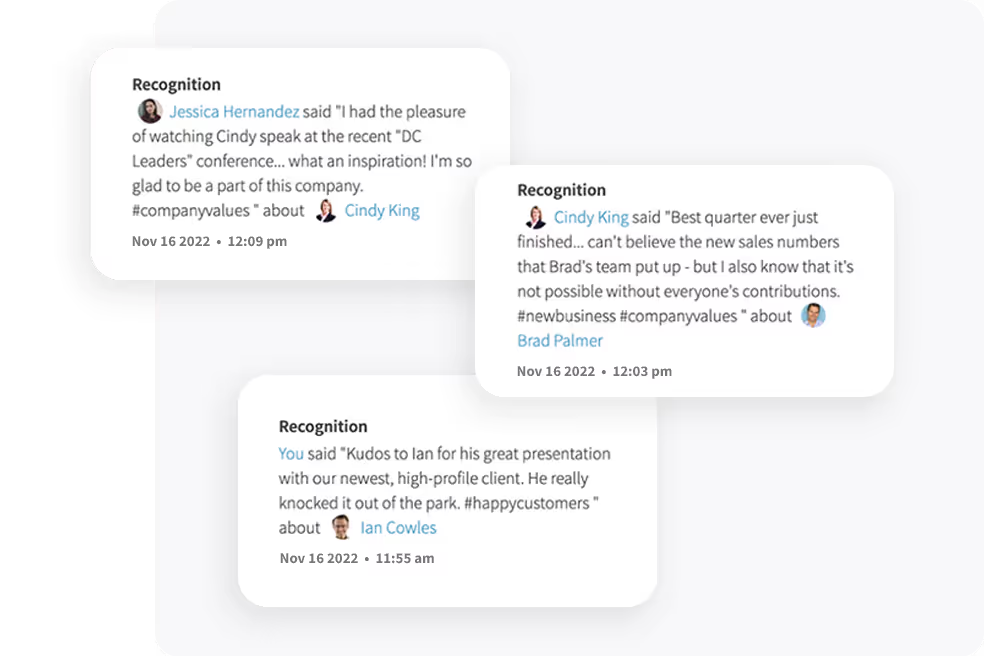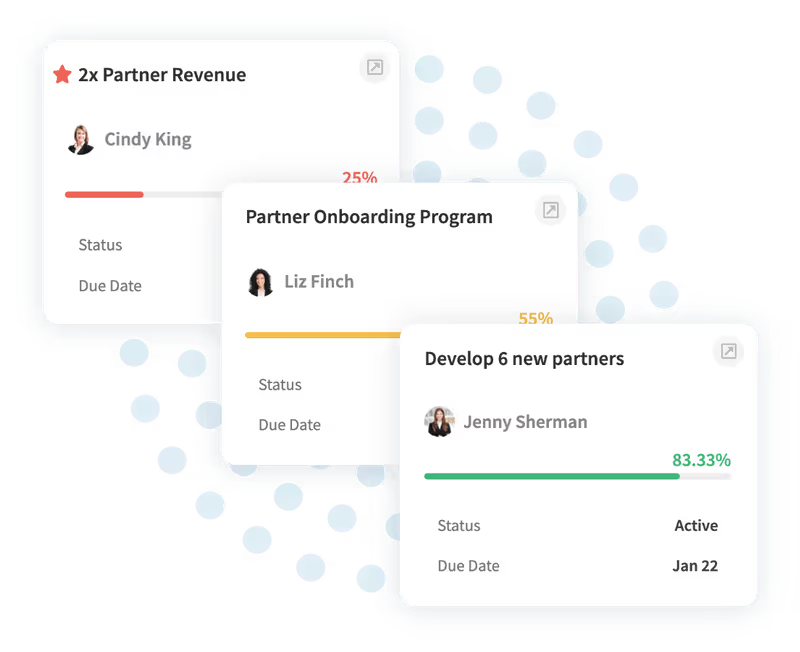Retail Performance Management - 8 Steps to Create a Strategy
In the retail industry, modern performance management involves creating a strategy that fits your store or brand. The best programs are designed to match your organization's goals, not just benchmarks and trends. Moreover, the strategy should reflect your company’s unique values and beliefs.
Take Apple, for example. Its retail team receives thorough training to align with the company's brand and values. This includes employees on the shop floor and Genius Bar technicians. They measure performance by customer feedback and product knowledge. They also look for solutions that align with Apple's ecosystem. Finally, Apple emphasizes the importance of team collaboration and the overall store experience.
So, how can you apply this tailored approach to your business?
8 Steps to Creating a Modern Performance Management Strategy in Retail
1. Understand Your Retail Landscape
Begin by assessing the unique challenges and strengths of your retail business. Is the focus primarily on in-store experience, online sales, or a hybrid model? Recognizing your retail format will inform your performance management strategy.
2. Set Clear Objectives
Define what you hope to achieve with your performance management system. Whether it's increasing sales, enhancing in-store experiences, or retaining top talent, having clear objectives will guide the process.

3. Embrace Continuous Feedback
Move beyond the traditional annual review. Implement monthly or even weekly check-ins to understand employee challenges and to provide constructive feedback. This frequent communication can result in rapid problem-solving and increased employee morale.
Consider Gap Inc., as an example. The global apparel retailer revamped its performance management system a few years ago to be more in tune with the needs of its modern workforce. One key aspect was its use of ongoing conversations. Gap did away with the traditional annual performance reviews. Instead, they adopted a system of regular, ongoing conversations between managers and their teams. This fosters a more timely understanding of performance and allows for immediate course correction.

4. Invest in Training and Development
Offer training programs to develop soft skills like customer interactions, as well as hard skills such as product knowledge or handling point-of-sale systems. Encourage employees to seek growth, and reward those who show initiative.
5. Utilize Modern Tools
Invest in performance management software tailored for the retail industry. Such tools can provide real-time feedback, track performance metrics, and identify areas for improvement.
For example, Cline Family Cellars has teams across multiple production and retail locations. They partnered with PerformYard to create a standard performance management process that aligns employees. They could use PerformYard to monitor performance, set and measure goals, and keep track of important notes in one place.
6. Align Individual Goals with Business Objectives
Make sure every staff member knows how their role helps achieve business goals. This can create a sense of purpose and drive among employees.

7. Celebrate Successes and Learn from Challenges
Recognize and reward outstanding performance, whether it's through incentives, promotions, or simple acknowledgments. Conversely, view challenges as learning opportunities and seek collaborative solutions.
8. Iterate and Refine
Just as the retail industry evolves, your performance management approach should too. Regularly review and adjust your strategy, seeking feedback from staff and aligning with industry best practices.
Reviewing Retail Performance Management Strategy
The retail industry, characterized by its fast pace and dynamic environment, requires a nuanced and evolving approach to performance management. Companies like Apple and Gap Inc. show that aligning values with strategies and embracing feedback is crucial. By following the above steps, retailers have a better shot at long-term success in this dynamic industry.

.jpg)

.jpg)
